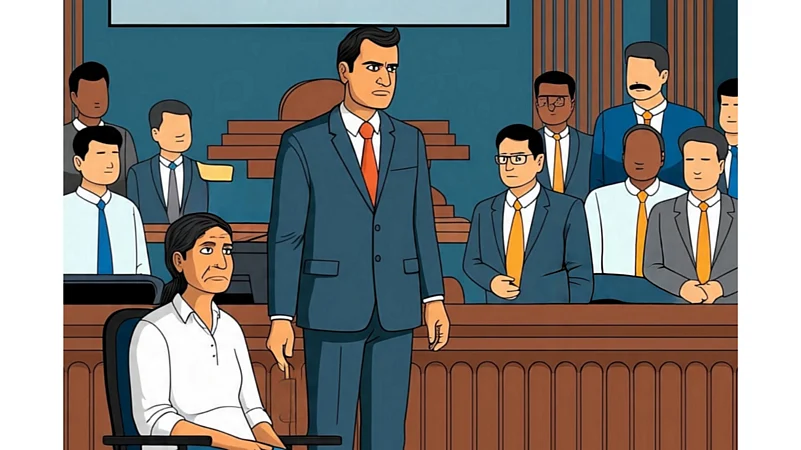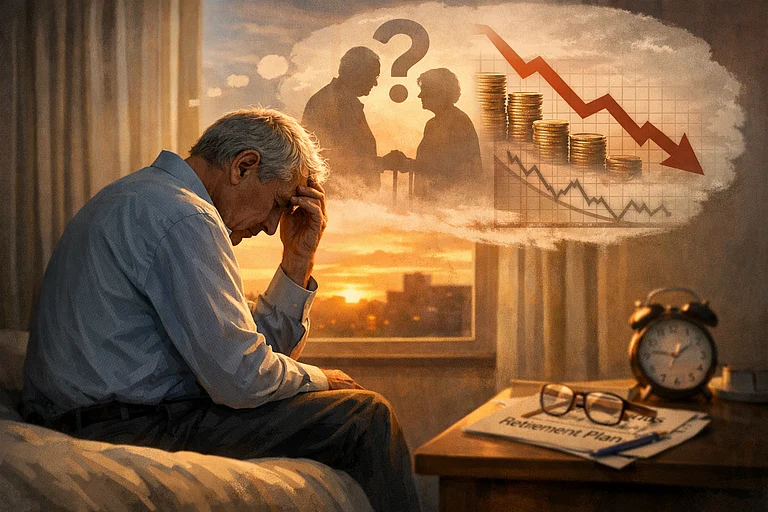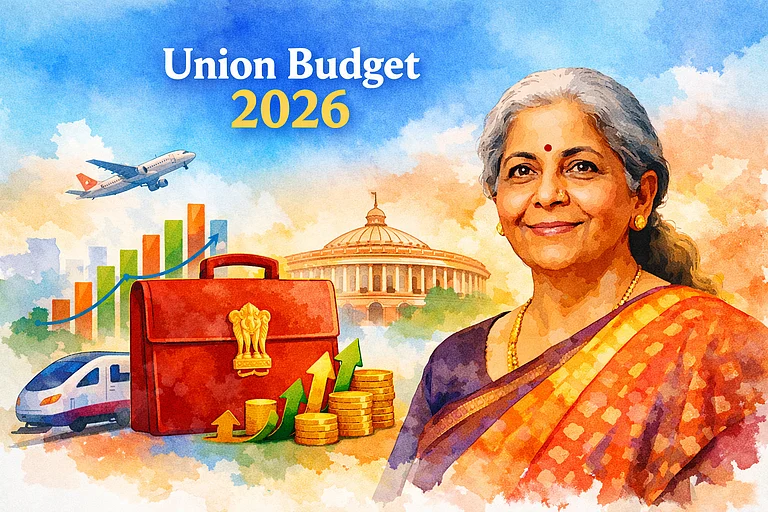The law says the person writing the Will should be of sound mind. However, what if the person is mentally challenged and in no capacity to make decisions regarding healthcare, finance, or other matters? The Mental Health Act, 2017 does not clearly explain the mechanism for dealing with such issues, and the courts have been using their parens patriae jurisdiction in such cases. In a recent judgement, the Allahabad High Court said, “There is a clear statutory vacuum.”
The bench comprising Justice Rajan Roy and Justice Om Prakash Shukla, while hearing a case where the nephew gave a plea to be nominated as a representative of his mentally disabled aunt, noted that though the Act provides for the standards and factors that should be considered to determine the best interest of a mentally ill person, the provision is not clear.
It held, “No guidance exists as to what would constitute the "wills and preferences" of the person. Even in the proviso to Section 14 (1), the factors to be considered for providing total support are conspicuously absent. The MH Act has no provision in respect of the management of financial affairs, appointment of guardians, or the manner in which the movable/immovable property of the mentally ill person is to be taken care of.”
Section 14(1) of the Act deals with the appointment and revocation of a nominated representative of a person with mental disability.
Background
The petitioner is the nephew of the mentally ill person (aunt). The father of the aunt was a pensioner and was taking care of her until his death on July 16, 2021. The mother of the aunt died earlier on September 9, 2018.
The aunt, being an unmarried daughter and suffering from a moderate intellectual disability that is not curable by treatment, was granted a family pension of Rs 14,400 on February 17, 2023. The family pension is payable till her marriage or death, whichever is earlier.
After the father’s death, no relative came forward to take care of the aunt.
On October 01, 2024, the petitioner applied to the Mansik Swasthya Punarvilokan Board, Barabanki, under Section 14 of the Act, to take care of his aunt and her property by being her nominated representative. However, the Board rejected the application as the nephew has two criminal cases booked against him.
Against the rejection order, the petitioner approached the High Court. He argued that the cases against him were 'at the admission age and he was not guilty until proven’. He also referred to the rejection order as a violation of Article 21 of the constitution of India which says ‘No person shall be deprived of his life or personal liberty except according to procedure established by law’.
The Court Observation
The court observed that the aunt was residing with the petitioner. Other legal heirs of her father had no objection to the petitioner becoming her representative and had given their 'no objection certificate'.
The charges against the petitioner involved ‘moral turpitude’ and were not of a heinous nature.
The court referred to Section 4 of the Act and said, “Every person, including a person with mental illness shall be deemed to have capacity to make decisions regarding his mental healthcare or treatment. Thus, a deemed capability is envisaged by the MH Act, 2017 itself, and as such Section 5(1)( c) of the MH Act, 2017 says that every person who is not a minor shall have a right to make an advance directive in writing to the effect that any individual or individuals, in order of precedence, he or she wants to appoint his nominated representative as provided under section 14 of the MH Act, 2017.”
However, in this case, there was no advance directive by the disabled person.
The court referred to Section 14(4) of the Act to ascertain who can be appointed as nominated representative in case a person (not a minor) with a mental disability has appointed anyone.
The court observed, “In case, no such persons is available in the advance directive, section 14 (4) (b) of the MH Act, 2017 talks about appointing a relative as a nominated representative and finds mention at a higher pedestal to any other categories.” It suggests that only when a relative is not available or unwilling to be nominated representative, can the Board appoint any other suitable person.
The Act defined relative as ‘any person related to the person with mental illness by blood, marriage or adoption’.
However, the court expressed its disappointment towards the vacuum in this regard. It said, “As to what is the criteria or suitability and as how to ensure the same, there is no mechanism provided under the MH Act, 2017 for appointment of a representative to take care of such intellectually challenged persons or their asset. This legal vacuum has been considered in various Judgments by the Hon’ble Supreme Court and the High Courts and each time, the Courts had exercised its parens patriae jurisdiction while appointing a representative or a guardian under the MH Act, 2017.”
Parens patriae is a Latin word that means ‘parent of the nation’. It is a legal principle under which the state acts as a guardian to protect individuals unable to care for themselves, such as minors, persons with mental disabilities, or so.
The Court Verdict
The court quashed the impugned order of the Board and using its parens patriae jurisdiction, appointed the petitioner as the nominated representative of the mentally challenged person (aunt) for taking care of her, making decisions on her behalf including medical and financial decisions, and to deal with her assets and pension.
However, for transferring any immovable asset, the court directed the petitioner to obtain prior approval of the Board and in case the petitioner is found to be acting against the best interest of the aunt, any relative or friend of the aunt can report it to the Board or the court.
The court allowed the Writ petition.



















